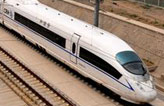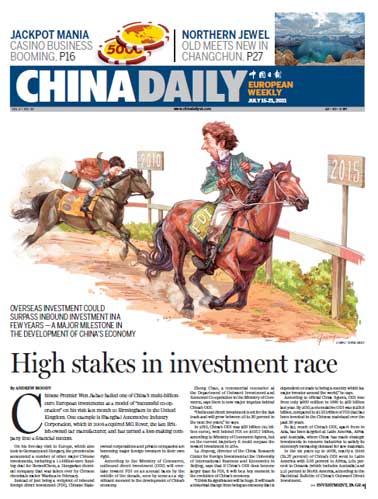Asia
Fukushima beef shipments on hold
Updated: 2011-07-20 07:14
By Yuka Ito (China Daily)
TOKYO - Japan on Tuesday suspended cattle shipments from Fukushima prefecture on fears of radiation-tainted beef in the country's meat distribution chain, four months after a nuclear accident in the region.
Tokyo told Fukushima Governor Yuhei Sato to "halt shipments of all cattle in Fukushima to meat packing factories", until the safety of the meat can be confirmed, chief government spokesman Yukio Edano told reporters.
Around 650 beef cattle are thought to have been contaminated with radioactive caesium from hay they were fed with before being sent to meat processing facilities across Japan since late March.
Beef from the cattle, which were mainly from Fukushima, was shipped to most of Japan's 47 prefectures and some of the meat is thought to have already been consumed.
Prime Minister Naoto Kan told parliament: "I feel the responsibility for not being able to prevent this from happening and I am very sorry".
Hay stored outside is thought to have been contaminated by radioactive materials spewed by the Fukushima Daiichi nuclear plant in the weeks after it was hit by reactor meltdowns following the March 11 earthquake and tsunami.
In the latest food scare associated with the disaster, cows from farms outside the 20-kilometer Fukushima nuclear no-go zone were found to have eaten contaminated hay, raising fears that fallout reached a wider area than thought.
On Monday, Fukushima officials said they detected up to 157,000 becquerels of radioactive caesium per kilogram of straw used at some farms - about 520 times the government-designated limit.
The government has sought to reassure the public that there is no immediate health threat from eating standard quantities of the beef. Many experts say long-term radiation exposure can increase cancer risks.
The accident at the Fukushima Daiichi plant happened after the March disasters crippled cooling systems, sparking reactor meltdowns and the release of radiation into the air, sea and soil.
Tens of thousands of people remain evacuated from homes, businesses and farms in the no-go area, and embattled plant operator Tokyo Electric Power Co faces massive compensation costs.
Japan has not set up a centralized system to check vegetables and meat for radiation, relying instead on testing carried out by local authorities.
Agriculture Minister Michihiko Kano said on Tuesday that his ministry would carry out checks across the country on rice straw for beef cattle.
Edano said affected farmers would be compensated for losses as a result of the ban. "We will take every possible measure to ensure appropriate compensation for cattle farmers," Edano said.
Revelations that contaminated food has reached markets have again raised food safety fears after radioactive materials were found in a range of goods including vegetables, tea, milk and fish.
Agence France-Presse
E-paper

The perfect cut
Companies need to revamp, standardize to stave off quality challenges
Crowning achievement
Living happily ever after
Let there be smell
Specials

My China story
Foreign readers are invited to share your China stories.

90th anniversary of the CPC
The Party has been leading the country and people to prosperity.

Setting the pace in Turkey
China is building a 158-km high-speed railway in Turkey.
